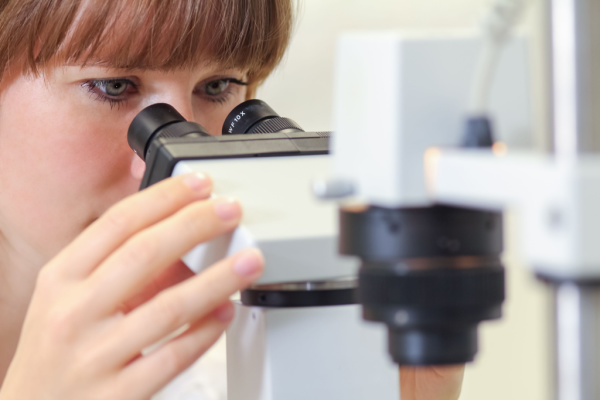The study identified the mechanism that generates a cancer-promoting inflammatory environment in response to chemotherapy.
By Pesach Benson, TPS
Researchers at Tel Aviv University have found a way to sharply reduce the harmful side effects of chemotherapy for breast cancer patients.
The study identified the mechanism that generates a cancer-promoting inflammatory environment in response to chemotherapy. The researchers also found that by adding an anti-inflammatory agent to the chemotherapy, metastasis — the spread of cancer to other parts of the body — can be prevented.
The research team was led by Prof. Neta Erez of the Department of Pathology at TAU’s Sackler Faculty of Medicine and the findings were published in the science journal, “Nature Communications.”
“In many cases of breast cancer, surgical removal of the primary tumor is followed by a chemotherapy regimen intended to kill any remaining malignant cells – either left behind by the surgeon or already colonizing in other organs,” Prof. Erez explained.
“However, while effectively killing cancer cells, chemotherapy also has some undesirable and even harmful side effects, including damage to healthy tissues. The most dangerous of these is probably internal inflammations that might paradoxically help remaining cancer cells to form metastases in distant organs. The goal of our study was to discover how this happens and try to find an effective solution.”
The TAU team created an animal model for breast cancer metastasis with mice receiving the same treatment as human patients: removal of the primary cancerous tumor by surgery, followed by chemotherapy. The mice were also monitored for metastatic relapse.
Indeed, metastatic tumors were found in a significant number of the mice, prompting the researchers to examine the lungs at an intermediate stage for tiny micro-metastases.
“In humans this interval between chemotherapy and detection of metastatic tumors is an inaccessible ‘black box’. Working with an animal model we could check what actually happens inside this ‘box,’” Prof. Erez said.
“We discovered a previously unknown mechanism: the chemotherapy generates an inflammatory response in connective tissue cells called fibroblasts, causing them to summon immune cells from the bone marrow. This in turn creates an inflammatory environment that supports the micro-metastases, helping them grow into full-fledged metastatic tumors.”
Moreover, the TAU team discovered that the fibroblasts secreted proteins which “recruited” the body’s immune cells and “trained” them to support the cancer.
As result, she said, “chemotherapy, administered as a means for combating cancer, achieves the opposite result.”
The TAU team then began combining the chemotherapy with a drug that blocked the proteins. The percentage of animals with no metastases doubled from 32% to 67%. The researchers also found that percentage of mice with extensive cancer colonization in the lungs dropped from 52% to 6% when the inflammation inhibitor was added to the treatment.
“We identified an inflammatory mechanism through which chemotherapy inadvertently supports the growth of metastatic tumors, and also discovered an effective solution: combining chemotherapy with an inflammation inhibitor. We hope that our findings will enable more effective treatment for breast cancer, and perhaps other types of cancer as well – to prevent metastatic relapse and save numerous lives worldwide,” Prof. Erez said.
According to the Center for Disease Control, approximately 264,000 women are diagnosed with breast cancer every year. In an estimated 60% of breast cancer patients, the cancer spreads to the lungs or bones.
The CDC also notes that 42,000 women die of breast cancer every year.
Prof. Erez’s research team included Lea Monteran, Dr. Nour Ershaid, Yael Zait, and Ye’ela Scharff — all from TAU — in collaboration with Prof. Iris Barshack of the Sheba Medical Center and Dr. Amir Sonnenblick of the Tel Aviv Sourasky (Ichilov) Medical Center.
The study was funded by the European Research Council, the Israel Cancer Association, and the Emerson Cancer Research Fund.
Do You Love Israel? Make a Donation - Show Your Support!
Donate to vital charities that help protect Israeli citizens and inspire millions around the world to support Israel too!
Now more than ever, Israel needs your help to fight and win the war -- including on the battlefield of public opinion.
Antisemitism, anti-Israel bias and boycotts are out of control. Israel's enemies are inciting terror and violence against innocent Israelis and Jews around the world. Help us fight back!
